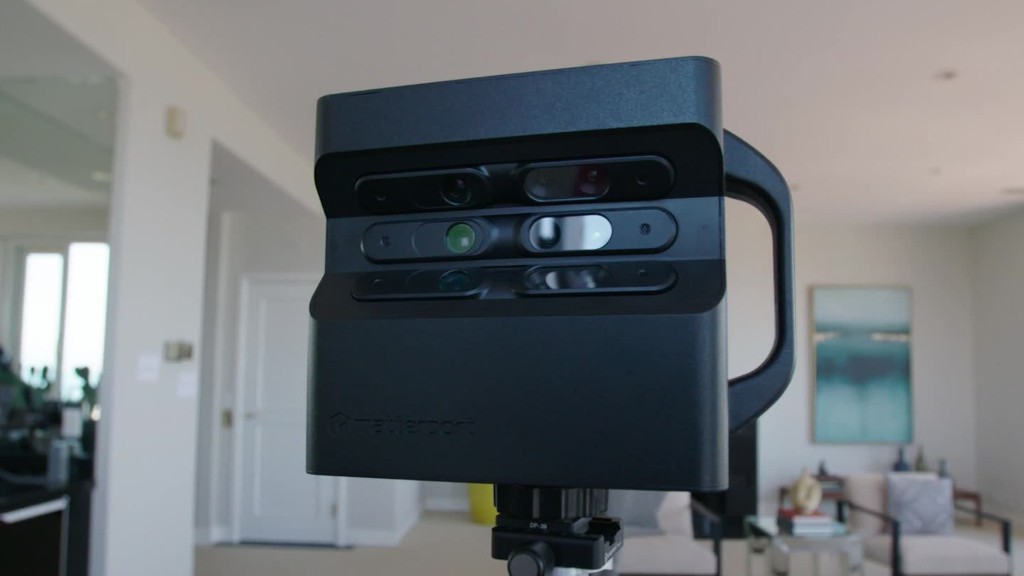
Buying a home can be a smart financial move, but if you're not careful, you could end up getting burned in the process. Here are four mortgage misconceptions you should be aware of -- and the truth behind each of them.
1. Your credit score doesn't matter as long as you're approved
Though you don't need perfect credit to get a mortgage, the higher your score, the more favorable a rate you'll snag. Unfortunately, some borrowers don't realize that, if they apply for a mortgage when their credit isn't great, they'll get stuck with a less-than-stellar rate for as long as they hang onto their loans.
Here's an example using today's rates. If you were to take out a $300,000, 30-year fixed loan and had a credit score of 760 or above, you'd snag a 3.608% annual percentage rate (APR), and an associated monthly payment of $1,365. With a 650 credit score, on the other hand, you'd qualify for a 4.651% APR, and that would come with a $1,547 monthly payment.
All told, in this scenario, you'll end up paying $65,520 extra for your mortgage if your credit isn't great when you apply, so it often pays to wait until you're able to boost your score.
2. You're safe to get a mortgage where the monthly payment is 30% of your income
Most financial experts agree that your housing payment shouldn't exceed 30% of your income. So if you get a mortgage where the payment equals 30% of your take-home pay, you might think you're golden.
Not so fast, though. While your actual mortgage payment might constitute the bulk of your monthly housing expense, that 30% figure is actually meant to encompass your peripheral costs of homeownership, like your property taxes and homeowner's insurance, as well. Max out that threshold on your mortgage payment alone and you'll leave yourself with dangerously little wiggle room in your monthly budget.
3. You don't need to put down 20%
Technically speaking, you don't need to make a 20% down payment to buy a home. But if you fail to come up with 20% of your home's purchase price at the time you sign your mortgage, you'll have to pay in the form of private mortgage insurance (PMI).
Private mortgage insurance is a premium that's added to your monthly mortgage payment when you don't manage to put 20% down. PMI will typically equal 0.5% to 1% of your loan's value, which means that if you're looking at a $300,000 mortgage with 1% PMI, you'll be charged an extra $250 a month. If you're already stretching your budget to afford your home, those additional payments might push you over the edge -- which is why it often makes sense to hold off on buying until you've saved enough to cover 20% of your home's cost.
4. A 30-year mortgage is best
Just because the 30-year fixed mortgage is the most common option for financing a home purchase doesn't mean it's the best choice for you. In fact, if you can afford a larger monthly payment, getting a 15-year loan instead of a 30-year loan could shave thousands of dollars off your total cost.
Imagine you're looking at a $300,000 mortgage. A 15-year loan might come with a 4% APR based on your credit, while a 30-year loan might come with a 5% APR. Your monthly payments under that 30-year loan will be smaller, but if you can handle the larger payments, you'll save $180,000 over the life of your loan, all thanks to your lower interest rate coupled with a shorter repayment period.
Along these lines, if you're not planning to stay in your home very long and are eligible for an extremely low rate, it might pay to sign up for an adjustable-rate mortgage (ARM). Say you expect to stay in your home for the next 6 to 7 years. Signing up for the popular 5/1 ARM will allow you to lock in a competitive rate for the next five years, after which time, you'll only be taking your chances for another year or two as your rate resets. There are different mortgage options to consider outside the classic 30-year fixed, so it pays to play around with different financing scenarios and see which one makes the most sense for you.
Sponsored content from The Motley Fool:
• 5 Years From Now, You'll Probably Wish You Grabbed These Stocks
• Kansas Man Turns $10,000 into $8 Million
• Shark Tank Just Revealed a Trillion-Dollar Idea
Getting your facts straight before applying for a mortgage can help you avoid unnecessary costs -- and headaches -- down the line. The more you read up on how mortgages work, the better equipped you'll be to make the best financing choice.


